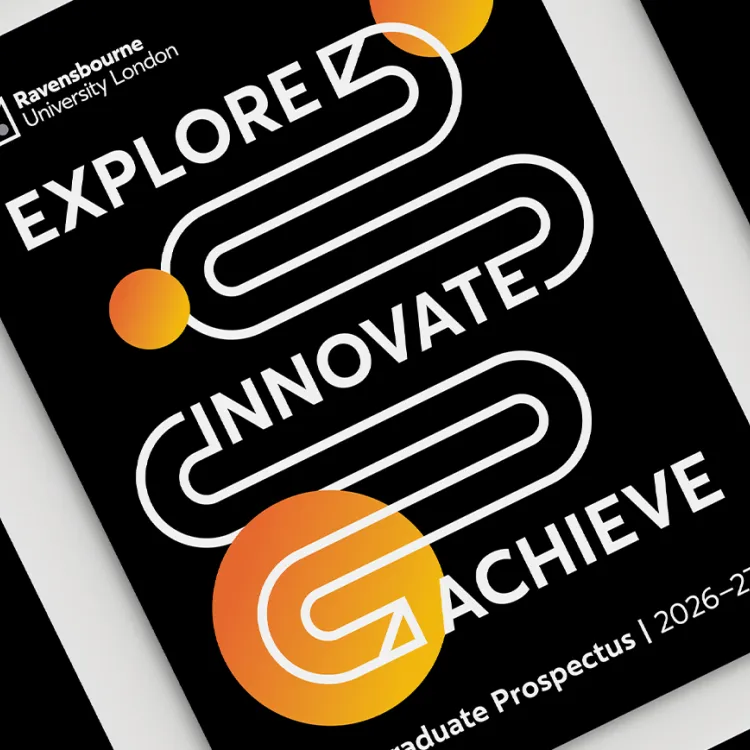Loan types
Currently reading: Postgraduate students
Loan types vary depending on whether you are a postgraduate or undergraduate student.
Postgraduate students
| Direct Unsubsidised loan (Federal) | Direct Grad PLUS loan (Federal) | |
|---|---|---|
| Who is eligible? | Most US citizens (or eligible non-citizens) on eligible graduate courses.* |
Most US citizens (or eligible non-citizens) on eligible graduate courses.* A credit check is required. |
| How do repayments work? | No payments required as long as you are enrolled on an eligible course at least half-time. Interest accrues while you are studying. | No payments required as long as you are enrolled on an eligible course at least half-time. Interest accrues while you are studying. |
| When do repayments start? | Usually six months (known as the 'grace period') after your course finishes or you become less than half-time. | Repayment begins on the date of the final disbursement. Unless you receive a deferment or forbearance, the first payment will be due within 60 days of the final disbursement date. |
Undergraduate students
Before completing a federal loan application, you will need to determine whether you are an independent or a dependent undergraduate and this will establish which loan types and amounts you are eligible to borrow.
Definitions are below, but if your circumstances are unusual and you need advice, please email [email protected]
Independent
For the purposes of federal aid, a student is considered independent if they meet one or more of the following criteria:
- The student is at least 24 years old by 31 December of the award year
- The student is an orphan or ward/dependent of the court, or was a ward/dependent of the court until he or she reached age 18
- The student is a veteran of the US Armed Forces
- The student is working on a master's or doctorate programme at the beginning of the award year for which the FAFSA is completed
- The student is married as of the date the FAFSA is completed
- The student has at least one child who receives more than half of his or her support from the student; and/or
- The student has a dependent, other than a spouse or a child, who lives with the student and receives more than half of his or her support from the student at the time the FAFSA is completed and through 30 June of the award year.
Dependent
The student is considered dependent if they do not meet any of the above criteria for an independent student.
Postgraduate
| Direct Unsubsidised loan (Federal) | Direct Grad PLUS loan (Federal) | Parent PLUS loan (Federal) | |
|---|---|---|---|
| Who is eligible? | Most US citizens (or eligible non-citizens) on eligible undergraduate courses.* Available to dependent and independent students who demonstrate financial need. | Most US citizens (or eligible non-citizens) on eligible undergraduate courses.* Available to dependent and independent students. Not based on financial need. | Parents (biological, adoptive, or in some cases, step-parent) of dependent undergraduate students on eligible courses. Both the parent and the student must be eligible for Federal Student Aid. A credit check is required. |
| How do repayments work? | No interest or payments required as long as you are enrolled on an eligible course at least half-time. | No payments required as long as you are enrolled on an eligible course at least half-time. Interest accrues whilst you are studying. | No payments required as long as you are enrolled on an eligible course at least half-time. Interest accrues whilst you are studying. |
| When do repayments start? | Usually six months (known as the 'grace period') after your course finishes or you become less than half-time. | Usually six months (known as the 'grace period') after your course finishes or you become less than half-time. | Repayment period begins on the date of the final disbursement. Unless you receive a deferment or forbearance, the first payment will be due within 60 days of the final disbursement date. |
Information
*Some courses are not eligible for federal loans. More information is available on the eligibility page.
